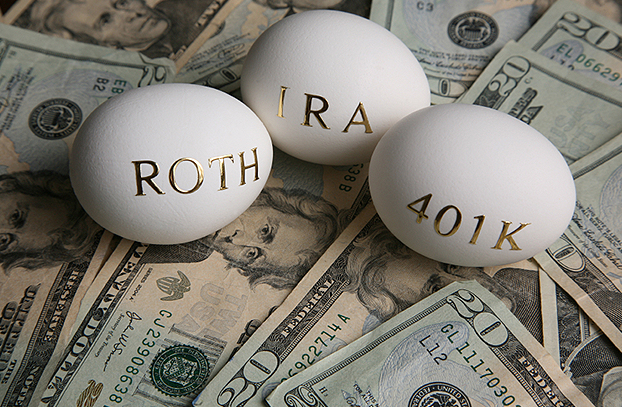Owning real estate investment property isn't like owning stocks or bonds. You usually get better tax benefits. You potentially get higher returns. And you get to manage a business. Rental properties are really small businesses that require careful attention to run successfully.
What to Look For in Your First Real Estate Investment Property
Posted by Matt Meyer on Tue, Apr 16, 2013This is a guest post by Angie Picardo, a staff writer for NerdWallet. Her mission is to help consumers stay financially savvy, and save some money with the best savings account.
When you're looking to buy investment property, there are two key metrics that you need to carefully analyze. Paying attention to comparable sales prices will help protect you from overpaying for a property relative to the rest of the market. Calculating your returns, though, will help ensure that every deal you buy is worth buying on its own merits, regardless of what other people in the market are doing.
If you'd like to participate in the growth of the real estate market, but don't want to own, rehabilitate or manage properties, trust deed investing could be an excellent option for you. Instead of buying the properties, you provide money to the investors that are looking to buy property which they repay to you at a healthy rate of interest, giving you a high yield. You get a simple, relatively secure, investment, that pays you attractive returns that are frequently above 10 percent. Here are six tips to help you get started in the world of high yield trust deed investing:
At its core, residential real estate investing is a relatively simple business. To do it well, you need to master three steps. First, you need to find a suitable investment. Then, you need to fix the issue with the property that made it a good investment. Finally, you finish executing on your strategy by either turning it into a long-term cash flowing rental or selling it to a traditional homeowner at a higher price.
The recent, modest rebound in the U.S. real estate market has led to a heightened interest by qualified investors in adding real estate to their investment portfolios. A solid real estate investing strategy does not necessarily have to include actively managed properties as there are a variety of other alternatives that provide real estate exposure with above average returns with a significant margin of safety.




















